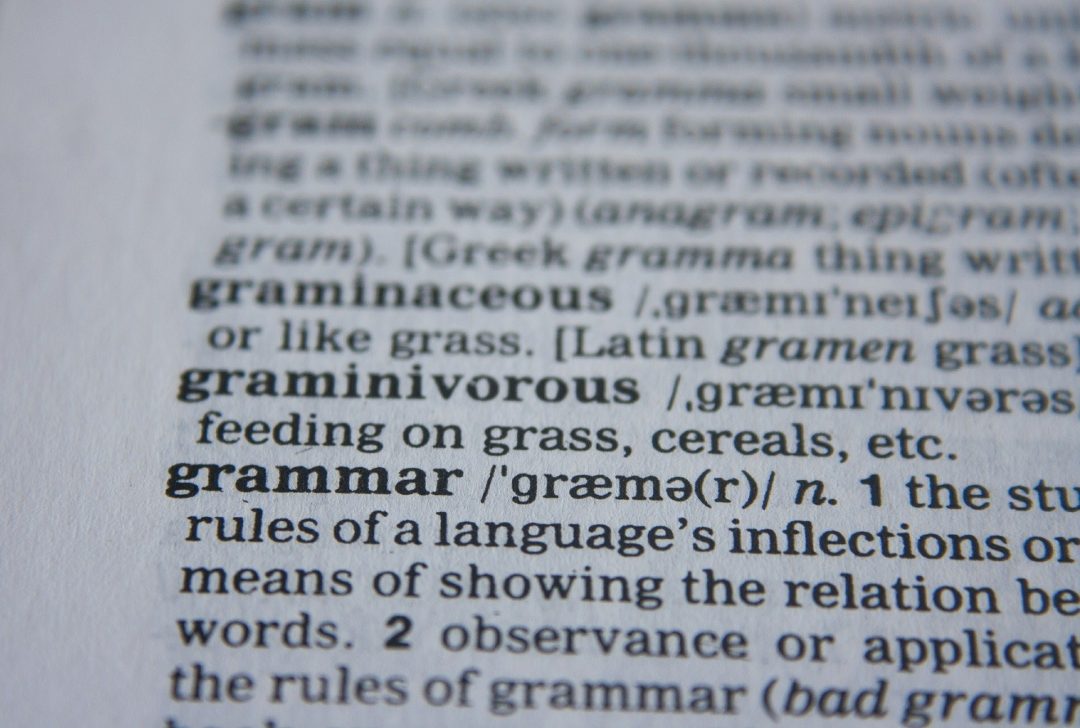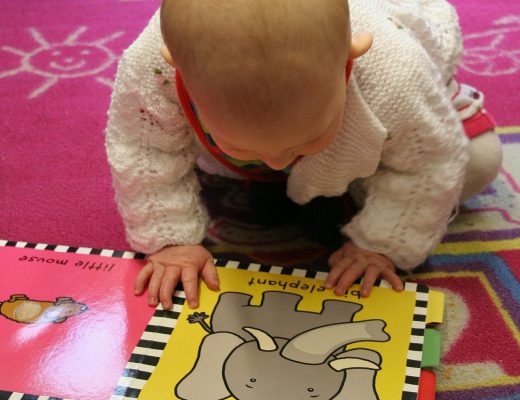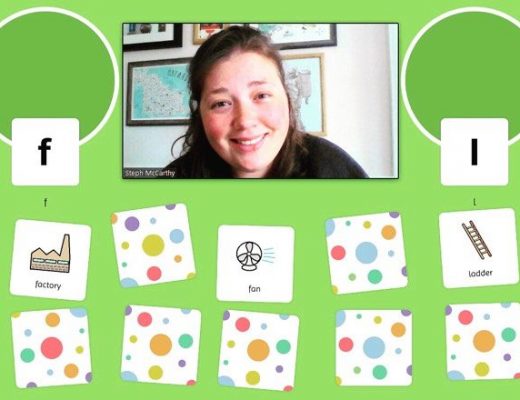There has recently been a surge in articles about the so called ‘vocabulary gap’ that exists in children starting school. A recent study in the UK proved this point, with findings that almost half of UK pupils are at risk of underperforming academically as a result of low vocabulary levels.
Vocabulary is a reliable predictor of later academic success, with one study finding that “total vocabulary size at age 2 can significantly predict subsequent language and literacy achievement up to fifth grade.”
How can we support children to learn words? William Nagy in ‘Teaching and Learning Vocabulary: Bringing Research to Practice’ highlighted that due to the strong link between vocabulary size and reading comprehension, we should be teaching vocabulary starting in the preschool years and continue well into school years.
How to support word learning in young children:
- Repeat words in a range of meaningful context and short sentences
- Highlight the word using intonation and facial expressions
- Use natural gestures and signs to make words visual
- Whenever possible, show your child what you are talking about.
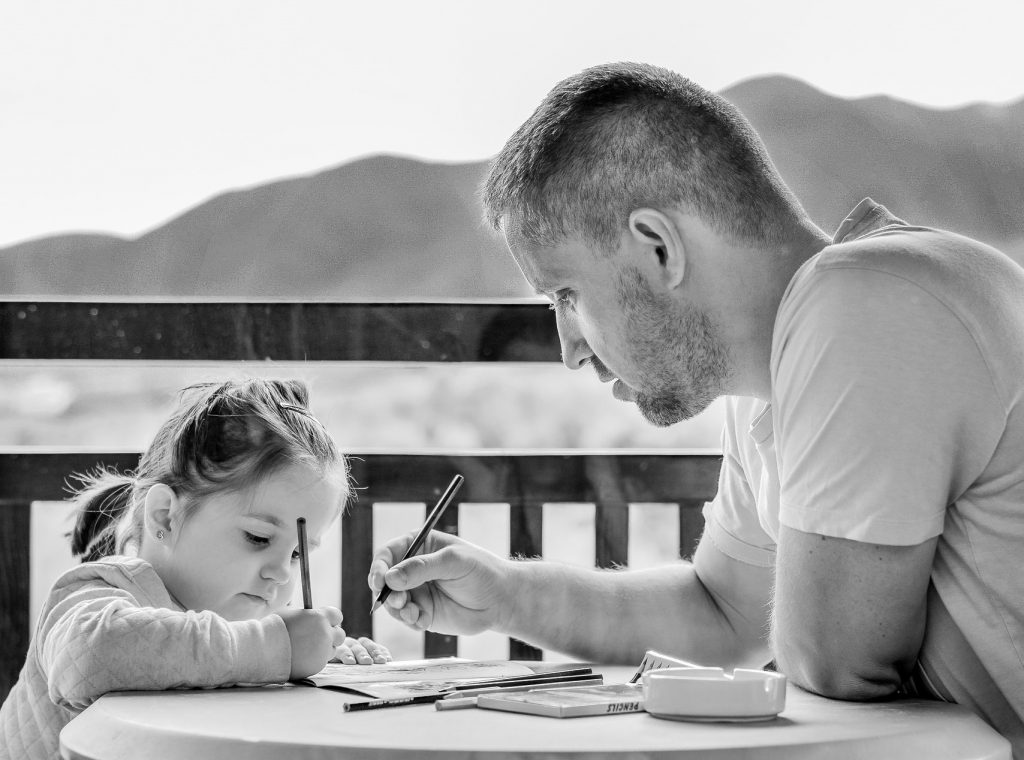
How to support word learning in older children:
- Talk about what the word means and use it in a range of sentences
- Highlight the sounds in the word
- Talk about other words that mean the same thing (mind maps are great for this)
- Have a family word wall and add new words to explore and discuss.
Steph is a qualified speech and language therapist and can provide assessment of your child’s vocabulary and grammar development. Contact Steph at stephblack.co.uk to book a session now.
